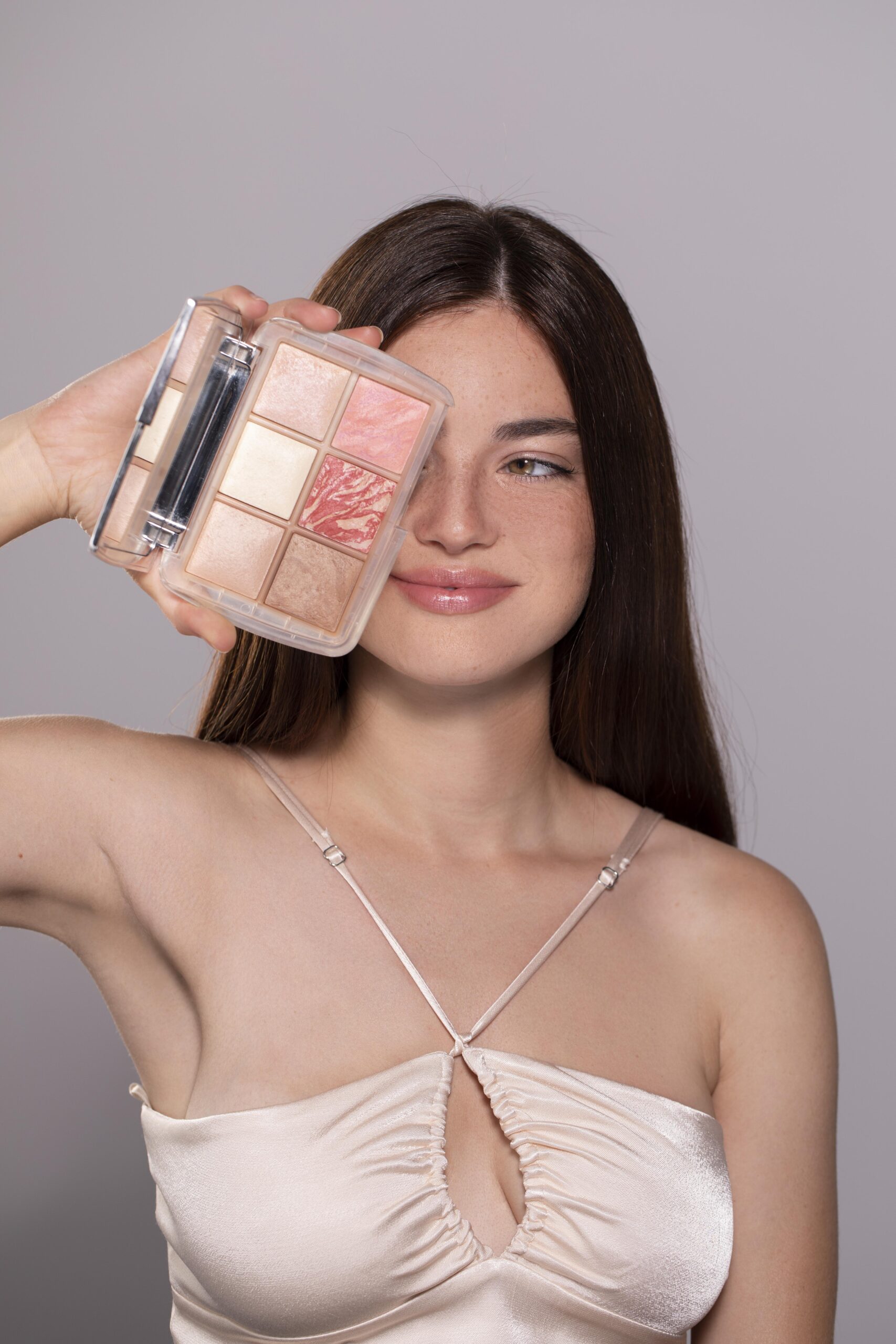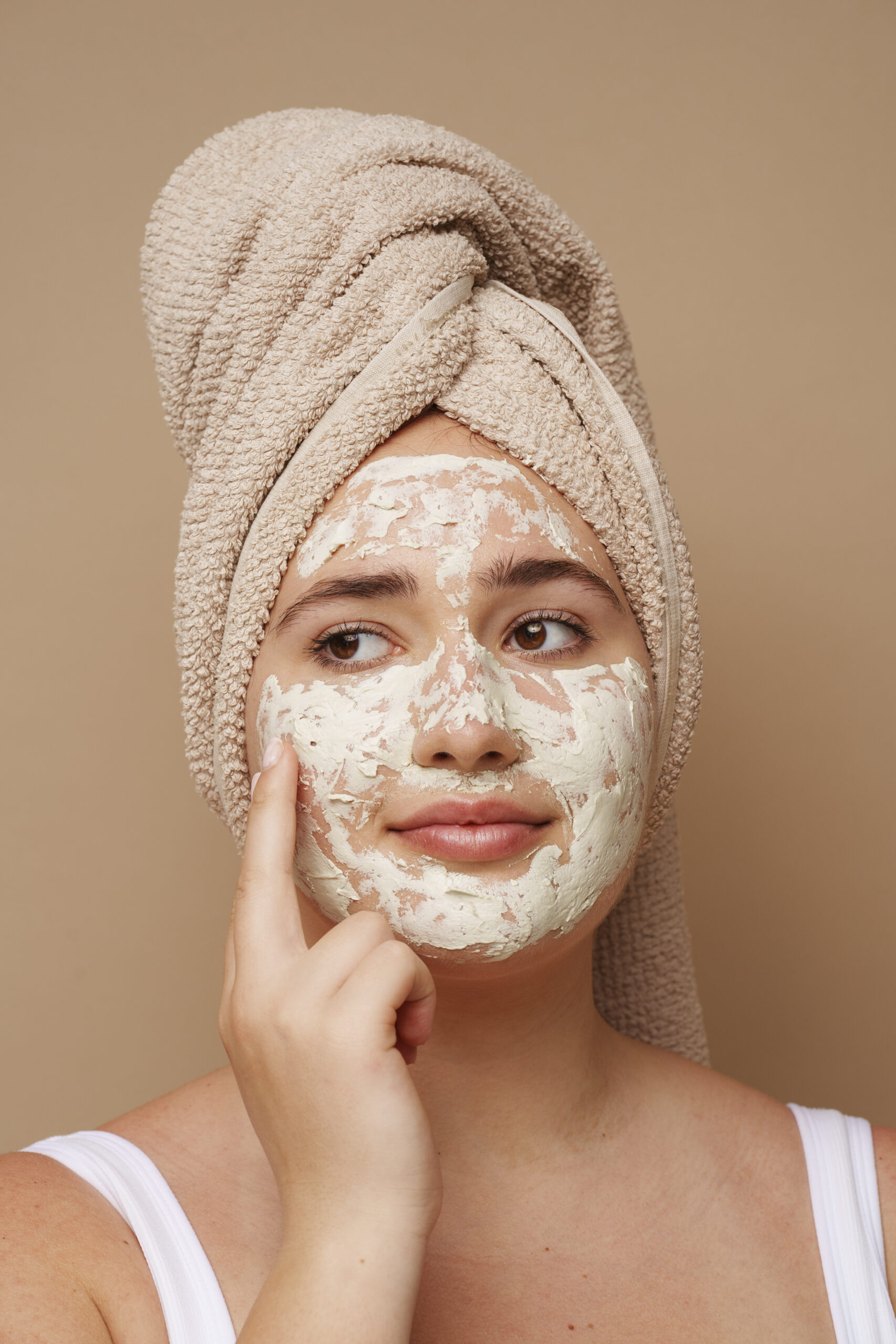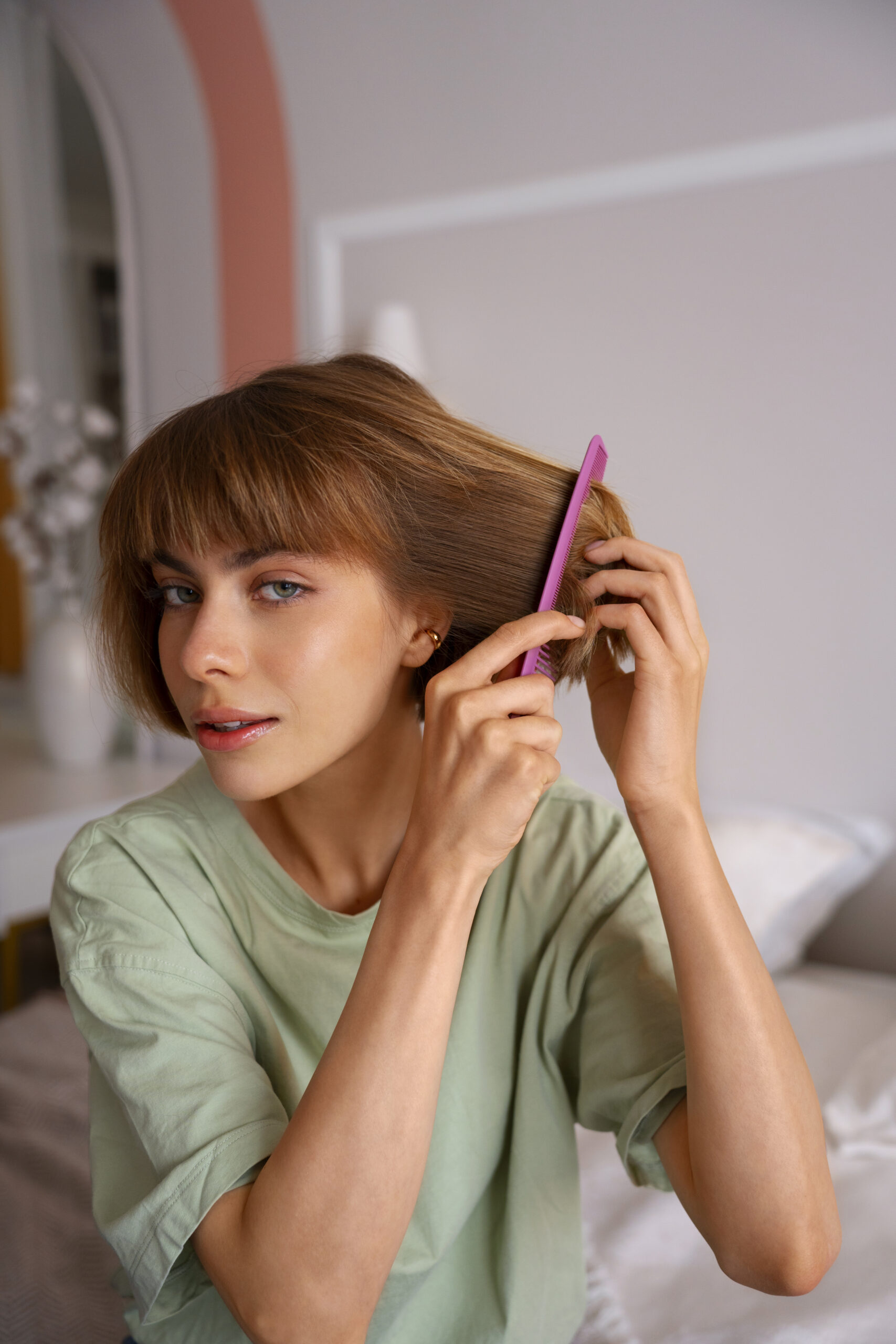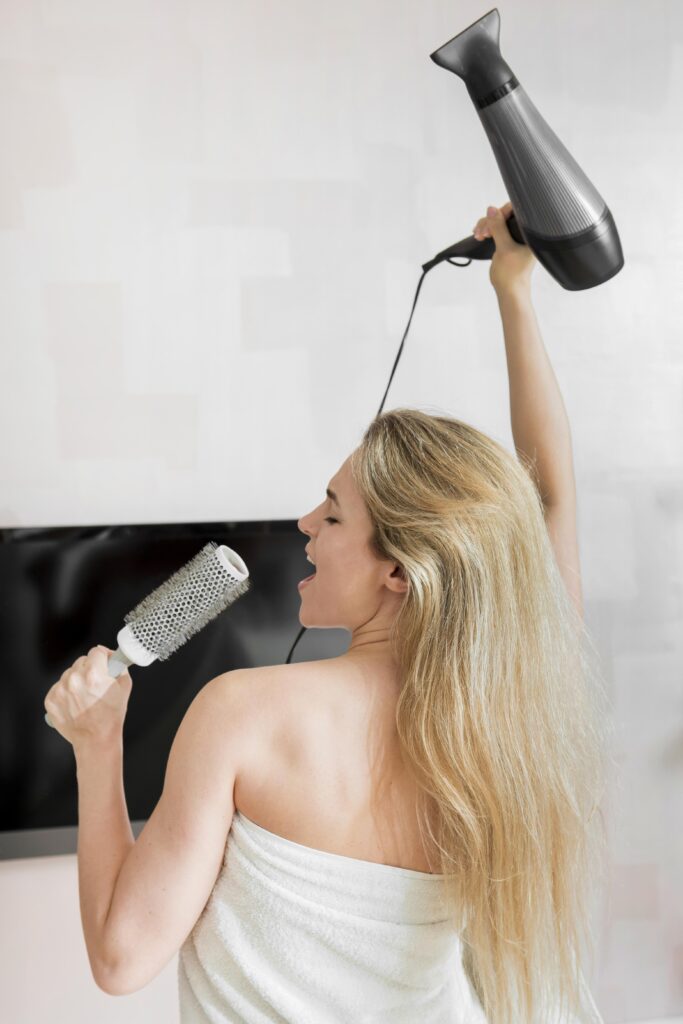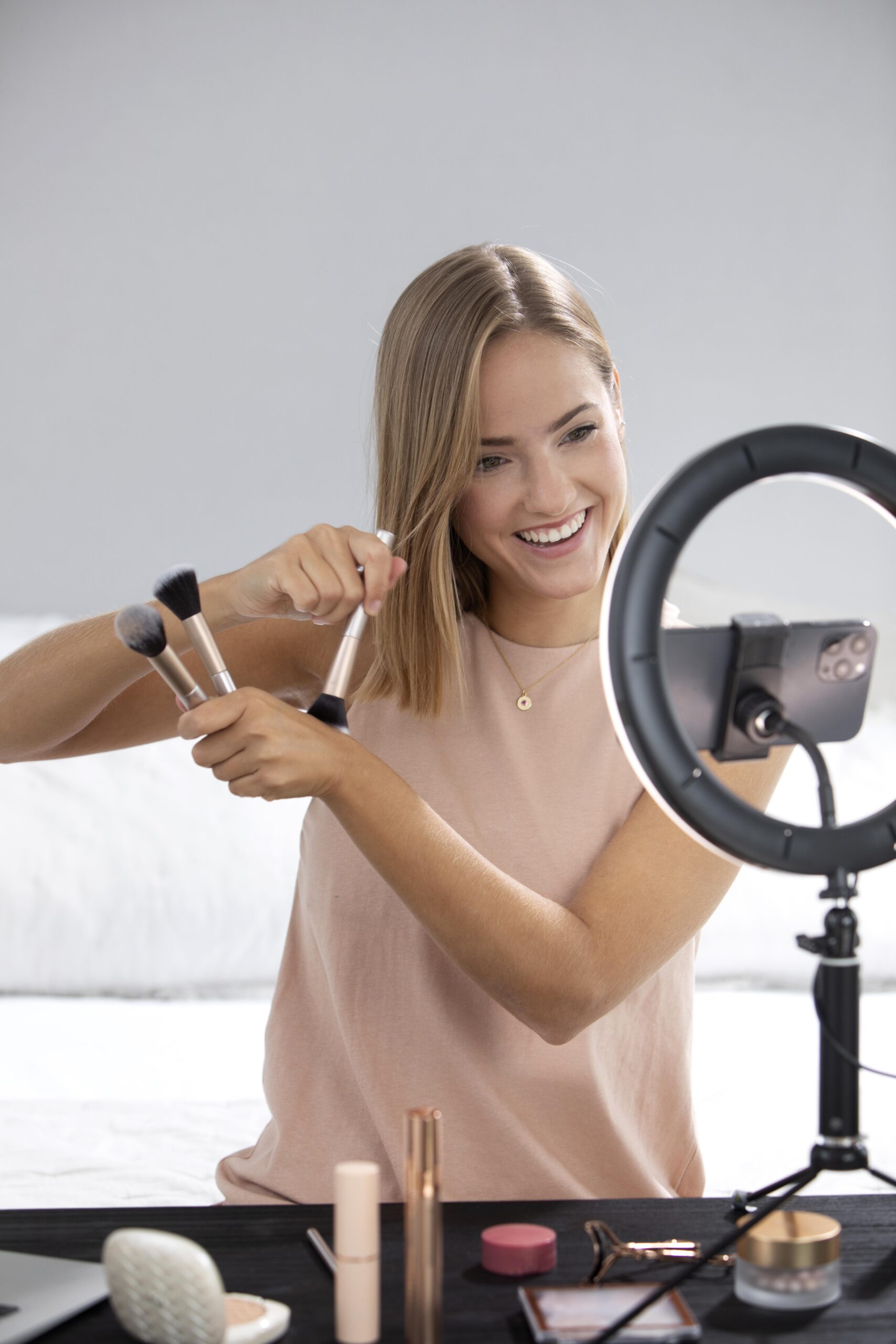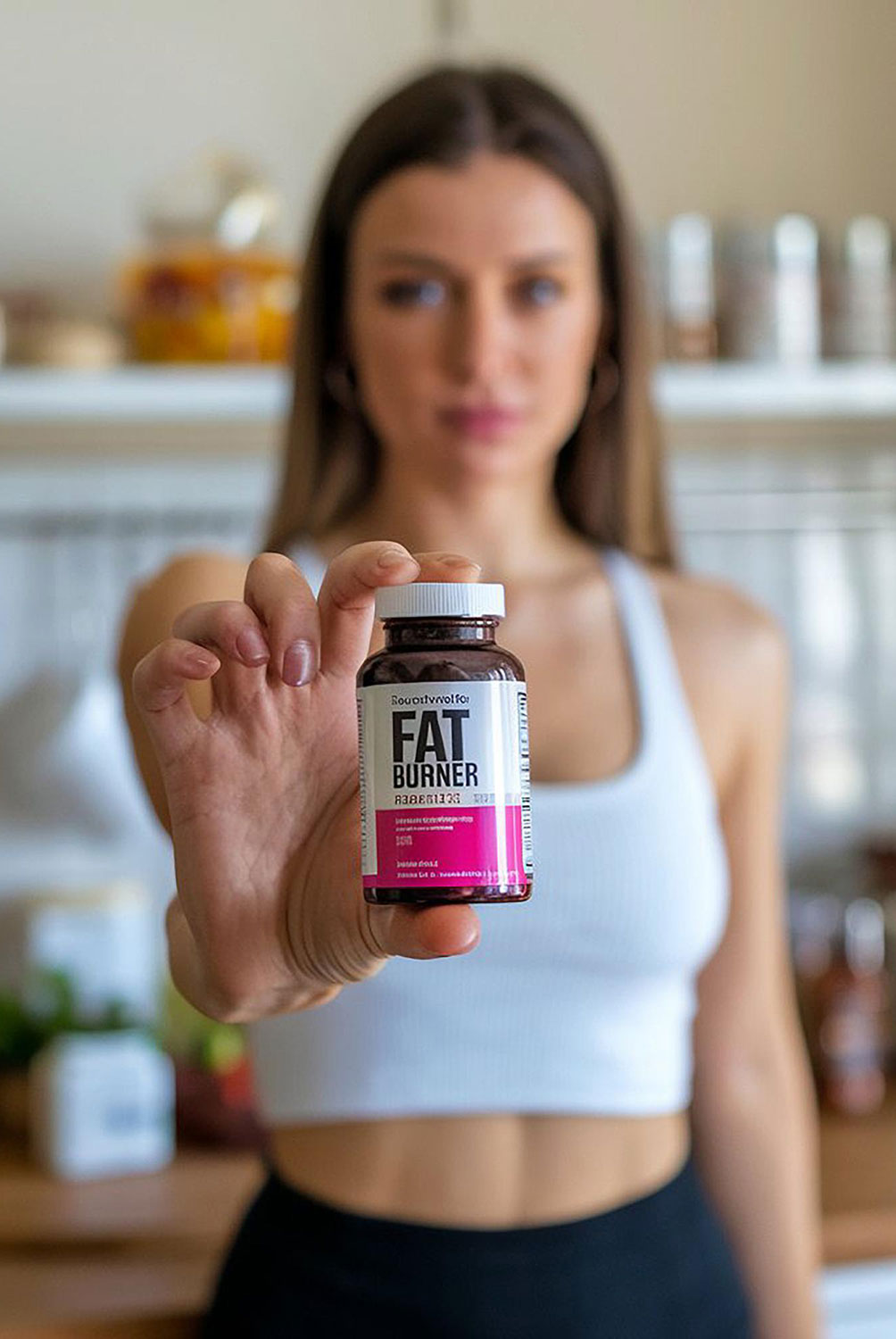Acne Causes and Prevention: Why We Get It and How To Stop It
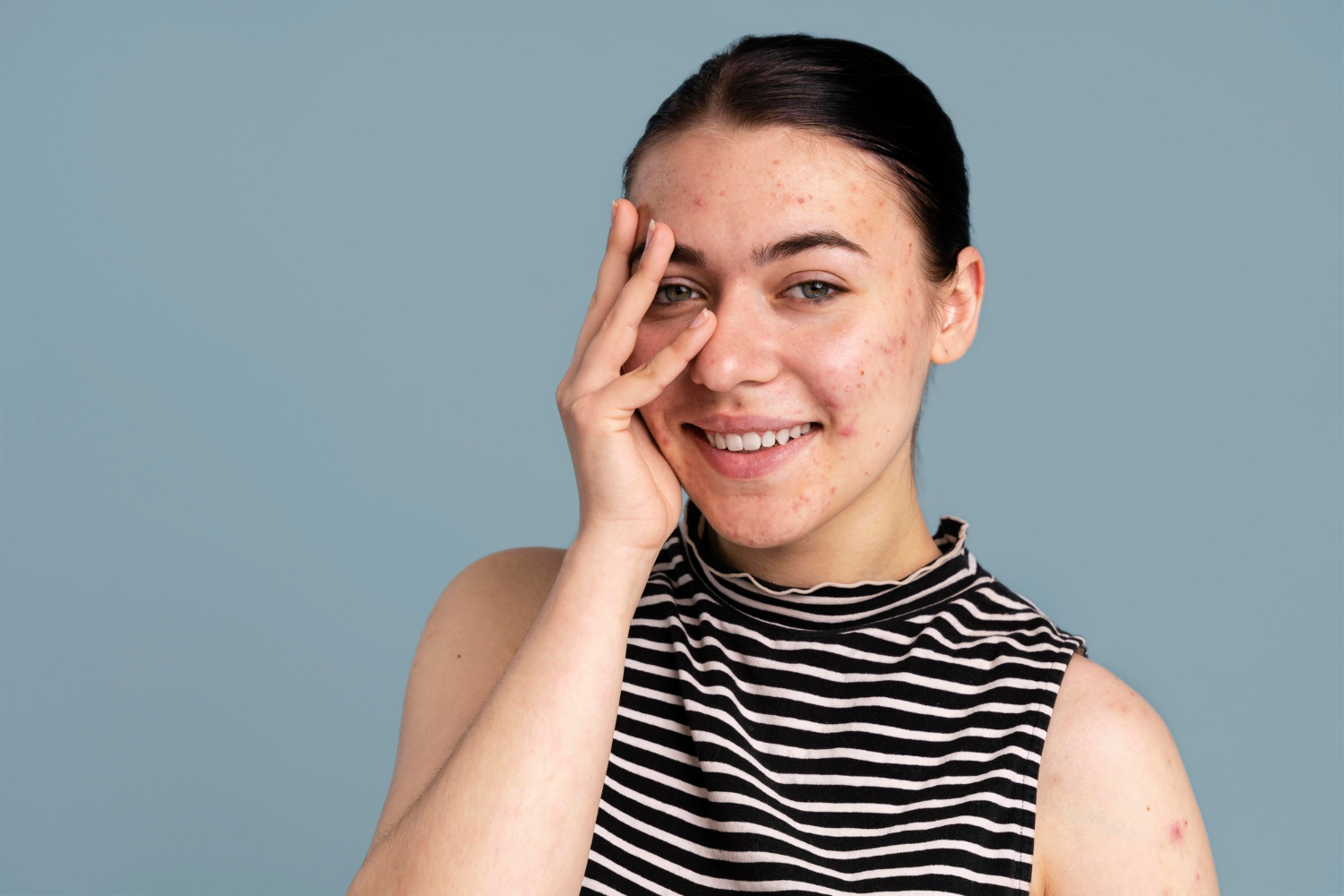
Acne Causes and Prevention: Why We Get It and How To Stop It
Table of Contents
Acne a common and often distressing skin condition affects millions worldwide across all ages though it is particularly prevalent during adolescence. Characterized by pimples blackheads whiteheads and sometimes deeper cysts or nodules acne can impact not only physical appearance but also self esteem and emotional well being.
Understanding the underlying causes of why do we get acne is the first crucial step towards effective prevention and management. This comprehensive guide will delve into the intricate interplay of factors that contribute to acne development exploring the biological mechanisms hormonal influences lifestyle choices and environmental triggers that answer the question why do we get acne.
Furthermore we will equip you with a robust arsenal of evidence based strategies and preventative measures outlining exactly how to prevent acne empowering you to achieve clearer healthier skin and regain confidence.
From establishing a consistent skincare routine to making informed lifestyle adjustments and understanding the role of specific ingredients and products we will navigate the landscape of acne prevention providing practical and actionable advice on how to prevent acne and break free from the cycle of breakouts.Stay with us
Exploring the Key Factors Behind Why Do We Get Acne
Acne is a multifactorial condition meaning it arises from a combination of several interconnected processes within the skin. Understanding these key players is essential to grasp why do we get acne and to develop targeted preventative strategies.
- Excess Sebum Production The Oily Foundation of Acne: Sebaceous glands microscopic glands in the skin secrete an oily substance called sebum which normally lubricates the skin and hair. However hormonal fluctuations particularly during puberty can lead to an overproduction of sebum creating an oily environment that contributes significantly to why do we get acne. This excess oil can clog pores providing a breeding ground for bacteria.
- Clogged Hair Follicles The Pore Problem: Our skin is covered in tiny hair follicles or pores. Dead skin cells normally shed and are eliminated but sometimes these cells can stick together and mix with excess sebum forming a plug within the hair follicle. This blockage prevents sebum from reaching the skins surface creating comedones the precursors to acne lesions and a key reason why do we get acne. Open comedones are blackheads where the surface is exposed to air and oxidizes turning dark while closed comedones are whiteheads where the pore remains closed.
- The Role of Bacteria Propionibacterium acnes (P acnes): P acnes a type of bacteria that naturally lives on the skin thrives in the sebum rich and oxygen poor environment of clogged hair follicles. The overgrowth of P acnes triggers inflammation a key component of acne development and a significant factor in why do we get acne. The bacteria release enzymes that irritate the follicle wall leading to redness swelling and pus formation.
- Inflammation The Red and Swollen Manifestation of Acne: Inflammation is a primary characteristic of acne lesions. The buildup of sebum dead skin cells and the proliferation of P acnes all contribute to an inflammatory response in the skin follicle. This inflammation manifests as red swollen and often painful pimples cysts and nodules a direct answer to why do we get acne.
- Hormonal Fluctuations The Internal Drivers of Acne: Hormones particularly androgens such as testosterone play a significant role in sebum production. Increased androgen levels during puberty pregnancy menstruation and hormonal disorders can stimulate the sebaceous glands to produce more oil thus explaining why do we get acne often flares up during these times. Hormonal imbalances are a major internal factor contributing to acne development.
- Genetics A Predisposition to Breakouts: There is a genetic component to acne. If your parents had acne you are more likely to develop it suggesting a hereditary predisposition to the factors that contribute to why do we get acne such as sebum production and inflammatory responses.
- Stress The External Aggravator of Acne: While stress doesnt directly cause acne it can exacerbate existing acne by triggering the release of hormones like cortisol which can increase sebum production and inflammation thus worsening breakouts and contributing to why do we get acne flares up during stressful periods.
- Diet A Controversial Link to Acne: The role of diet in acne is a subject of ongoing debate. While research is still evolving some studies suggest that high glycemic index foods dairy products and certain fats might trigger or worsen acne in some individuals potentially influencing why do we get acne breakouts.
- Environmental Factors Irritants and Pollutants: External factors like pollution humidity and certain skincare or makeup products can irritate the skin and clog pores potentially contributing to why do we get acne. Harsh scrubbing and picking at blemishes can also worsen inflammation and lead to more breakouts.
How to Prevent Acne with Trendsetting Brands and Their Star Products
-
The Gentle Guardians: Cleansers from Cult Favorite Brands:
- CeraVe: The Barrier Builder: Beloved for its focus on skin barrier health, CeraVe’s Acne Foaming Cream Cleanser harnesses the power of benzoyl peroxide to tackle breakouts while ceramides ensure your skin stays calm and hydrated. It’s a gentle yet effective workhorse that’s consistently trending for its reliability.
- La Roche-Posay: The French Pharmacy Favorite: Straight from the shelves of French pharmacies and into the hearts of skincare enthusiasts, La Roche Posay’s Effaclar Purifying Foaming Gel Cleanser is a go to for oily and acne-prone skin. Its salicylic acid infused formula gently purifies, leaving skin feeling fresh and balanced a staple for those in the know.
-
Targeted Treatments: Blemish Busters from Hot Brands:
- Peace Out Skincare: The Pimple Patch Pioneers: When a spot strikes, Peace Out’s Salicylic Acid Acne Healing Dots are the trending heroes. These innovative patches deliver a concentrated dose of salicylic acid directly to the blemish, drawing out impurities and speeding up healing a must try for a quick fix.
- Topicals: The Science-Backed Sensation: With a focus on effective and aesthetically pleasing formulations, Topicals Faded Serum for Dark Spots & Discoloration is a trending product that not only targets active breakouts but also helps fade post acne marks, a concern for many.
-
The Exfoliation Experts: Brands Leading the Way in Renewal:
- Paula’s Choice: The BHA Boss: Renowned for its science backed formulations, Paula’s Choice Skin Perfecting 2% BHA Liquid Exfoliant is a consistently trending product for its ability to deeply unclog pores and prevent breakouts. Its gentle yet powerful formula has garnered a loyal following.
- The Ordinary: The Ingredient Focused Force: For those who appreciate transparent and effective ingredients, The Ordinary’s Salicylic Acid 2% Solution is a budget friendly yet potent exfoliator that helps keep pores clear and breakouts at bay, making it a consistently popular choice.
-
The Retinoid Revolution: Game-Changers for Clearer Skin:
- Differin: The Over-the-Counter Powerhouse: Making prescription strength retinoids accessible, Differin Adapalene Gel 0.1% is a widely recommended and trending product for both treating and preventing acne. Its ability to regulate skin cell turnover makes it a cornerstone of many effective routines.
Building a Fortress Against Breakouts How to Prevent Acne with Effective Strategies
Preventing acne involves a multifaceted approach that targets the key factors contributing to its development. Establishing a consistent and appropriate skincare routine making informed lifestyle choices and being mindful of potential triggers are crucial steps in learning how to prevent acne.
- Establish a Gentle and Consistent Skincare Routine The Foundation of Prevention: A cornerstone of how to prevent acne is a regular and gentle skincare routine that cleanses exfoliates and moisturizes without irritating the skin.
- Gentle Cleansing Twice a Day: Wash your face twice a day and after sweating with a mild non comedogenic cleanser to remove dirt excess oil and makeup that can clog pores. Harsh scrubbing can irritate the skin and worsen acne so opt for gentle circular motions. Brands like Cetaphil and La Roche Posay offer gentle cleansers specifically formulated for sensitive and acne prone skin.
- Regular Gentle Exfoliation: Exfoliating a few times a week helps to remove dead skin cells that can clog pores. Use gentle chemical exfoliants like salicylic acid (a beta hydroxy acid or BHA) or glycolic acid (an alpha hydroxy acid or AHA). Paula’s Choice and The Ordinary offer effective salicylic and glycolic acid exfoliants. Avoid harsh physical scrubs which can irritate the skin.
- Lightweight Non Comedogenic Moisturizing: Even oily skin needs moisture. Use a lightweight non comedogenic moisturizer to keep skin hydrated and prevent it from overproducing sebum to compensate for dryness. Brands like Neutrogena and CeraVe offer excellent non comedogenic moisturizers.
- Targeted Treatments: Use topical treatments containing active ingredients like benzoyl peroxide or salicylic acid on existing blemishes to reduce inflammation and kill bacteria. Differin (adapalene) a retinoid is also effective for preventing and treating acne. Follow product instructions carefully and start with a low concentration to minimize irritation.
- Choose Non Comedogenic and Oil Free Products Smart Selections for Clearer Skin: When selecting makeup sunscreen and other skincare products always look for labels that say non comedogenic or oil free These products are formulated to not clog pores a crucial step in how to prevent acne.
- Non Comedogenic Makeup: Many makeup brands offer non comedogenic foundations concealers and powders. Brands like bareMinerals and Clinique have a range of non comedogenic makeup options.
- Oil Free Sunscreen: Sunscreen is essential for protecting your skin but choose oil free formulations to avoid clogging pores. Brands like EltaMD and Supergoop! offer excellent oil free sunscreens suitable for acne prone skin.
- Avoid Touching Your Face A Simple Habit for Fewer Breakouts: Frequent touching of your face can transfer dirt oil and bacteria from your hands to your pores increasing the risk of breakouts. Being mindful of this habit is a simple yet effective way to help prevent acne.
- Wash Hair Regularly Especially if Oily Keeping Oil Away from Your Face: If you have oily hair regular washing can prevent oil from transferring to your face and clogging pores particularly around the hairline and forehead areas prone to breakouts.
- Be Mindful of Certain Medications and Products Identifying Potential Triggers: Some medications and hair care products can contribute to acne in certain individuals. Be aware of any new medications or hair products you are using and consult your doctor if you suspect they are triggering breakouts.
- Manage Stress Levels Finding Your Inner Calm for Clearer Skin: While stress doesnt directly cause acne managing stress through exercise relaxation techniques and adequate sleep can help to regulate hormone levels and potentially reduce acne flare ups a key aspect of how to prevent acne.
- Consider Dietary Factors An Individualized Approach: Pay attention to how your diet affects your skin. While the link between diet and acne is still being researched some individuals may find that limiting high glycemic index foods dairy or certain fats improves their acne. An elimination diet under the guidance of a dermatologist can help identify potential triggers.
- Avoid Picking and Squeezing Pimples Preventing Further Inflammation and Scarring: Picking and squeezing pimples can worsen inflammation spread bacteria deeper into the skin and increase the risk of scarring. Resist the urge to touch blemishes and allow them to heal naturally or with targeted treatments a crucial aspect of how to prevent acne scarring.
- Be Patient and Consistent The Long Game of Acne Prevention: Preventing acne is an ongoing process that requires patience and consistency. It may take several weeks or months to see significant improvement with a new skincare routine or lifestyle changes. Stick with your plan and consult a dermatologist if your acne persists or worsens for personalized advice on how to prevent acne effectively.
Expert Guidance When to Seek Professional Help for Acne Prevention and Treatment
While many cases of mild to moderate acne can be managed with over the counter products and preventative strategies more severe or persistent acne may require the expertise of a dermatologist. Seeking professional help is essential for accurate diagnosis personalized treatment plans and guidance on how to prevent acne recurrence and scarring.
- Severe Acne: If you have numerous painful cysts or nodules widespread breakouts or acne that is significantly impacting your self esteem consult a dermatologist.
- Acne That Does Not Improve: If your acne does not improve after several months of consistent over the counter treatment a dermatologist can prescribe stronger topical or oral medications.
- Scarring: If you are developing acne scars early intervention by a dermatologist can help to minimize further scarring and discuss potential treatment options for existing scars.
- Adult Onset Acne: Acne that develops for the first time in adulthood particularly in women may be related to hormonal imbalances and warrants evaluation by a dermatologist.
- Inflammatory Acne: Persistent red and inflamed acne may benefit from prescription anti inflammatory treatments.
A dermatologist can assess your specific skin condition identify underlying causes and recommend a tailored treatment plan that may include prescription topical medications oral antibiotics hormonal therapy or in office procedures like chemical peels or laser treatments providing a comprehensive approach to how to prevent and treat acne effectively.
Embracing Clearer Skin Through Understanding and Prevention
Understanding why do we get acne is the first step towards taking control of your skin health. By recognizing the interplay of sebum production clogged pores bacteria inflammation hormones genetics stress diet and environmental factors you can begin to implement effective strategies for how to prevent acne.
A consistent gentle skincare routine the use of non comedogenic products avoiding face touching and picking managing stress and being mindful of potential triggers are all crucial components of a preventative approach. While over the counter treatments can be helpful for mild acne seeking professional advice from a dermatologist is recommended for more severe or persistent cases. With patience consistency and the right knowledge you can navigate the challenges of acne and embrace clearer healthier skin ultimately boosting your confidence and well being.
Why Do We Get Acne and How to Prevent It FAQ
Q: Is it true that oily foods cause acne?
A: The direct link between greasy foods and acne is not definitively proven. However a diet high in processed and high glycemic index foods may contribute to inflammation which can worsen acne in some individuals.
Q: Can toothpaste cause acne around the mouth?
A: Yes some ingredients in toothpaste particularly sodium lauryl sulfate (SLS) can irritate the skin around the mouth and contribute to perioral dermatitis which can resemble acne. Switching to an SLS free toothpaste may help.
Q: Does sweating cause acne?
A: Sweat itself does not directly cause acne but if sweat and oil remain on the skin they can clog pores and contribute to breakouts. Washing your face after sweating is important.
Q: How long does it take to see results from a new acne prevention routine?
A: It typically takes 6 8 weeks to see noticeable improvement with a new skincare routine or acne treatment. Consistency and patience are key.
Q: Can I use face scrubs to prevent acne?
A: Harsh physical scrubs can irritate the skin and worsen inflammation potentially leading to more breakouts. Gentle chemical exfoliants like salicylic acid or glycolic acid are generally preferred for acne prevention.
Q: Is it okay to pop pimples?
A: It is generally not recommended to pop pimples as it can lead to inflammation infection and scarring. Allowing blemishes to heal naturally or with targeted treatments is best.
Q: Can makeup wipes cause acne?
A: While makeup wipes can be convenient some may not effectively remove all makeup and can leave residue on the skin potentially clogging pores. Thorough cleansing with a gentle cleanser is generally recommended.
Q: Is there a connection between gut health and acne?
A: Emerging research suggests a possible link between gut health and inflammation which can play a role in acne. Maintaining a healthy gut through diet and probiotics may be beneficial for overall skin health but more research is needed.
Q: Can hormonal birth control help prevent acne?
A: Certain types of hormonal birth control can help regulate hormone levels and reduce androgen production which can be beneficial for managing hormonal acne in women. Consult with a doctor for more information.
Q: What are some key ingredients to look for in skincare products for acne prevention?
A: Key ingredients to look for in acne prevention products include salicylic acid benzoyl peroxide adapalene (a retinoid) and glycolic acid all of which help to unclog pores reduce inflammation and kill acne causing bacteria.


